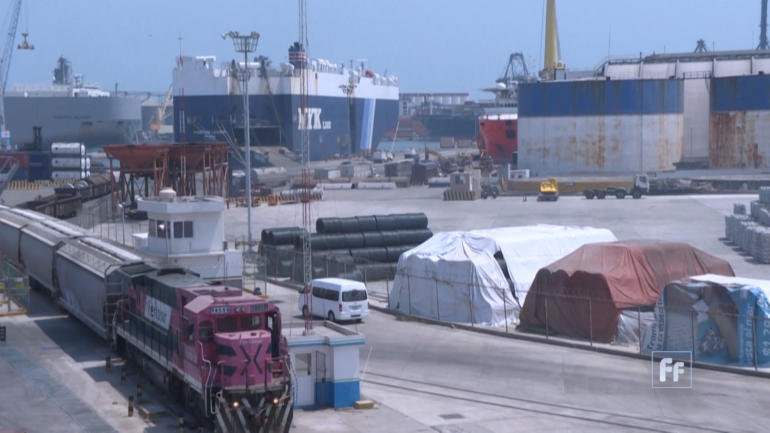What kind of impact do the United States, Mexico and Canada make on the finances of their southern neighbors? What are the economic consequences of the COVID-19 pandemic in this region?
In this episode of Full Frame, we explore two unique perspectives about the current state of the Latin American economies.
USMCA – The New Pact
In July of 2020, the United States, Mexico and Canada restructured a decades-long trade agreement to reflect modern times. The United States-Mexico-Canada Agreement, or USMCA, replaced NAFTA and it aimed to create some 176,000 jobs in the U.S. alone. “This renegotiated treaty has underscored why Canada, the U.S. and Mexico, particularly in the aftermath of the pandemic, can only guarantee our competitiveness if we deepen our supply chains in North America.” Says former Mexican ambassador to the U.S., Arturo Sarukhan.
Reclaiming the Mayan Culture
The Ancient Mayans were one of the most advanced civilizations of their time. Their descendants, who have adapted to modern lifestyles, still inhabit the Yucatan Peninsula in southeast Mexico. As COVID-19 clouded the planet, these modern Mayans were encouraged to face economic obstacles by reclaiming their roots.
The Financial Hurdles of Latin America in Times of COVID-19
The economic hit by the COVID-19 pandemic has been enormous, particularly in Latin America. According to the Pan American Health Organization, as of January of 2022, Latin America and the Caribbean had nearly 1.6 million COVID-19 related deaths. That counted for 28% of the worldwide deaths. “There are two phases to this pandemic in Latin America. First, countries were not prepared economically. In addition, their health systems were not ready for this kind of event.” Says Georgetown University professor, Luis Jacome.
 CGTN America
CGTN America

